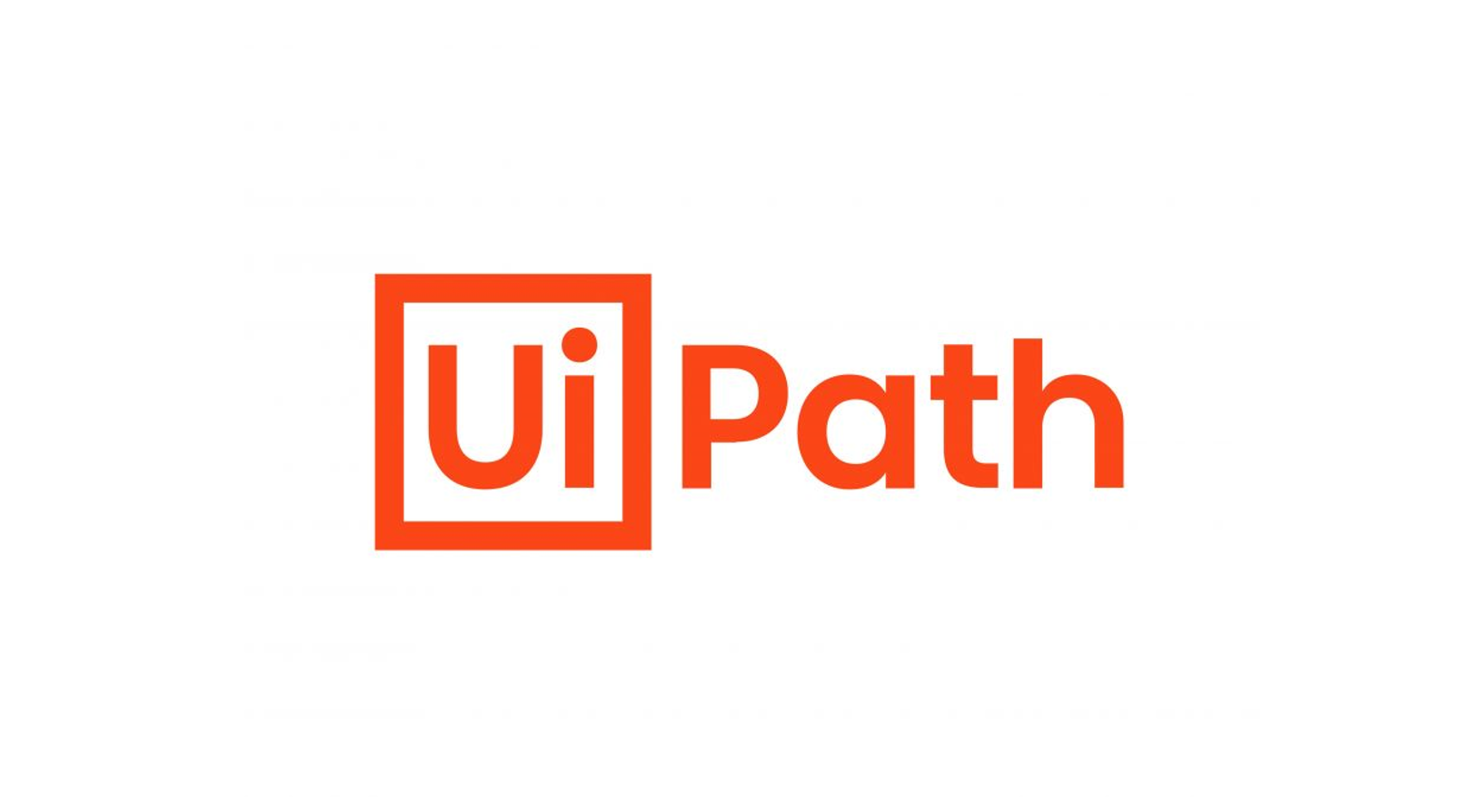New Global Survey Finds Enterprises Lack Direction and Training for Workers on the Use of GenAI Tools

UiPath shared the survey findings and showcased
its new set of LLMS at the UiPath AI-Powered
Automation Summit in Bangalore
Bengaluru, India, June 13, 2024 — UiPath (NYSE: PATH), a leading enterprise automation and AI software company, recently published its annual Global
Knowledge Worker Survey that uncovers how employees are using generative AI
(GenAI), the shortcomings and risks of the technology, and the opportunity for combining
GenAI with business automation.
The survey was launched during the UiPath AI-Powered Automation Summit held at
Shangri-la Hotel in
Bengaluru, India, as part of a series of roadshows across Asia Pacific and
Japan that provides insights into how businesses can turn AI potential into
concrete results by integrating AI with automation. During the summit, UiPath
showcased their new family of LLMs, DocPATH and CommPATH. Unlike
general-purpose GenAI models like GPT-4, which often struggle with performance
and accuracy for specific tasks, DocPATH and CommPATH offer businesses powerful
tools to customize AI models to their exact requirements. This customization
allows for a precise understanding of any document and a wide variety of
message types, eliminating the need for imprecise and time-consuming prompt
engineering.
The Global Knowledge Worker Report — which is based on a survey of more than
9,000 workers from around the world — revealed that employees who use GenAI
tools are saving more time in their workdays. However, those using both GenAI
and business automation together achieve substantially more significant
benefits.
While GenAI promises to revolutionize
operations across industries, there is a lack of enterprise direction and training
on the technology, leading to mistrust across global workforces. Currently,
less than half (45%) of workers have been offered training or guidelines on how
to use GenAI. Similarly, only 44% of employees think that GenAI has the context
needed from their business’s data to support processes and drive value—though this number increases to 85% when
employees use GenAI and business automation together.
Other key findings from this year’s report:
· GenAI
provides significant time-saving benefits to workers: 42% of respondents who
have implemented GenAI have saved 10 or more hours each week. By freeing up
time in their days, almost half of workers (48%) have been able to focus on
more creative tasks.
Regionally, workers in Singapore and Hong Kong have seen the greatest
time-saving benefits from implementing GenAI tools.
· The
combination of GenAI and business automation maximizes the business value: When asked if employees
have experienced any benefits from using GenAI and business automation
software, respondents said greater productivity/get tasks done faster (43%),
more accurate work (39%), and improved work/life balance (38%). When workers
use the technologies together, 55% saved 10+ hours at work per week, compared
to 31% of those who use only GenAI and 33% of those who use only business
automation.
· However, there
is a lack of trust around GenAI tools: Less than half (48%) of respondents
indicate that they trust the outputs they get from GenAI tools. Regionally, Japan
(26%), Germany (47%), and the U.S. (48%) trust GenAI’s outputs the least, and Singapore (67%), Korea (63%), and Hong
Kong (62%) have the greatest trust in GenAI's outputs.
· GenAI is being applied across departments and for a variety of processes: The most common types of tasks employees use GenAI for include drafting communications (38%), brainstorming (34%), and summarizing long-form content (30%).
“The UiPath Global Knowledge Worker Survey
highlights the immense potential of Generative AI (GenAI) in transforming the
workplace. GenAI tools can significantly save time and boost productivity, but
it is crucial for employees to receive the necessary training and upskilling to
fully harness this technology,” said Arun Balasubramanian, Vice President &
Managing Director, India & South Asia at UiPath. “Furthermore, integrating
GenAI with business automation platforms is essential to maximize its benefits
and ensure its trustworthiness and security. I am also excited about our new
family of LLMs, which will enable our customers in India to leverage
specialized AI models tailored to their specific challenges and valuable use
cases.”
The UiPath survey also uncovered that employees are feeling more burnout than ever before, with almost a third (32%) of respondents feeling extremely or very burnt out—compared to 29% of employees last year. GenAI presents an opportunity to alleviate the burdensome tasks that contribute to this issue; however, GenAI deployments will only be successful if workers are trained.
“AI
is rapidly advancing in India, with the country implementing the second phase
of its national AI strategy and action plan in 2024. Integrating automation
with AI is going to be critical for Indian organizations to enhance efficiency,
boost productivity, and drive business growth,” said
Vasant Rao, Managing Director, IDC India
To view the full
findings of the report, download the complete 2024 UiPath Global Knowledge
Worker Survey here.
Methodology
In partnership with Researchscape, UiPath
conducted this research via an online survey that was fielded in March–April
2024. There were 9,047 respondents to the survey from nine countries: the
United States, Australia, Japan, Singapore, Korea, Hong Kong, France, Germany,
and the United Kingdom.
About UiPath



